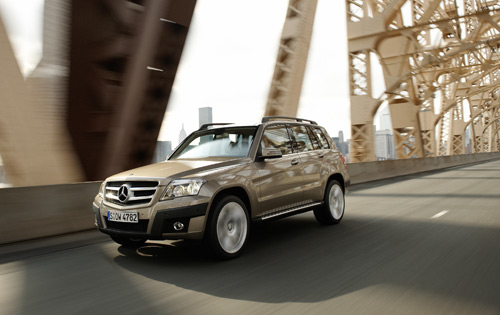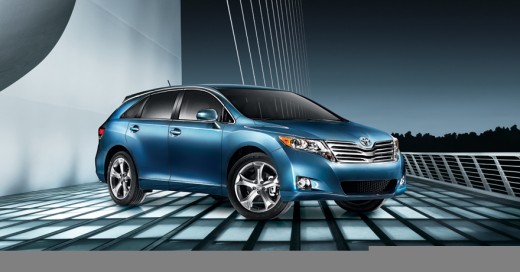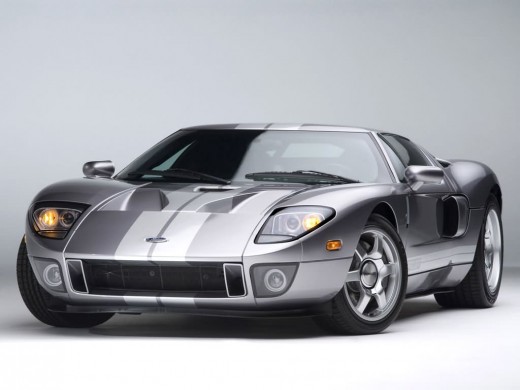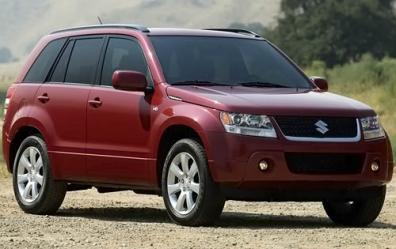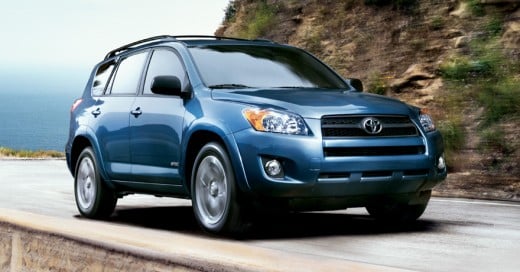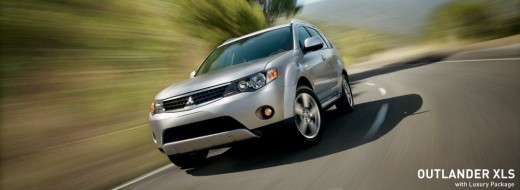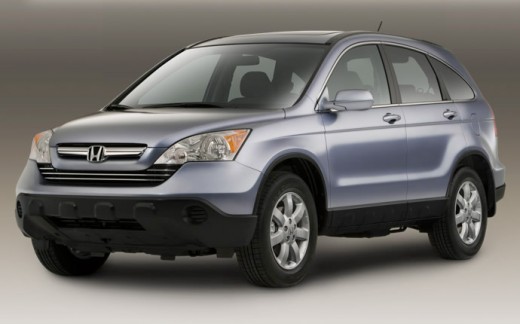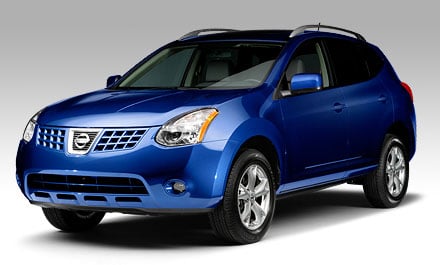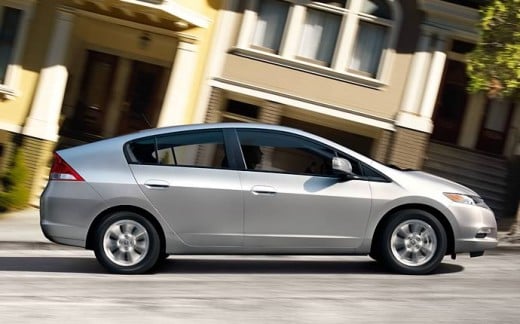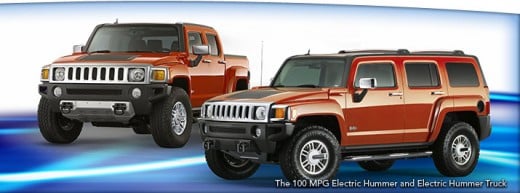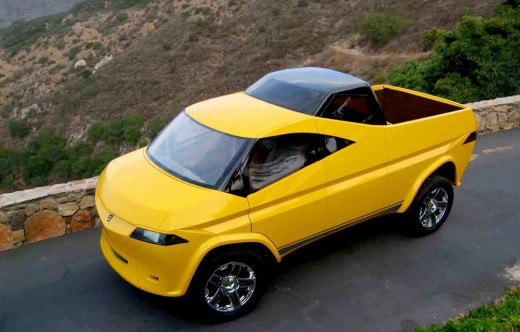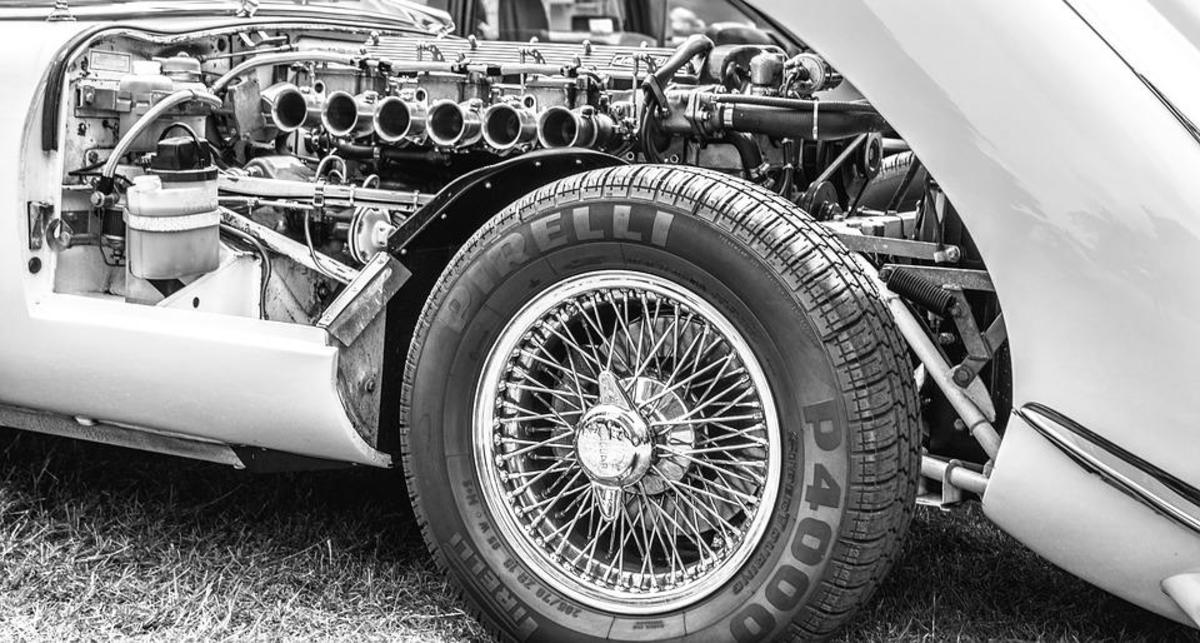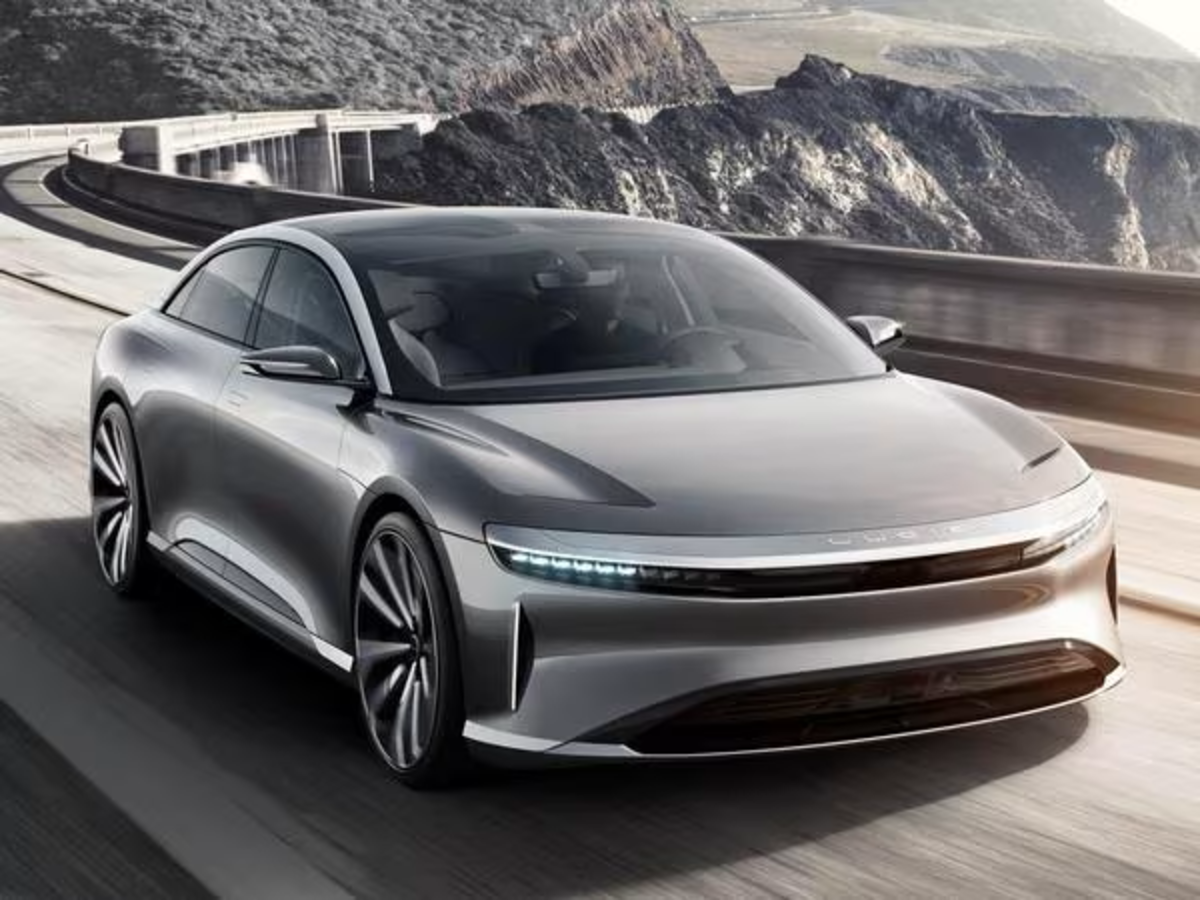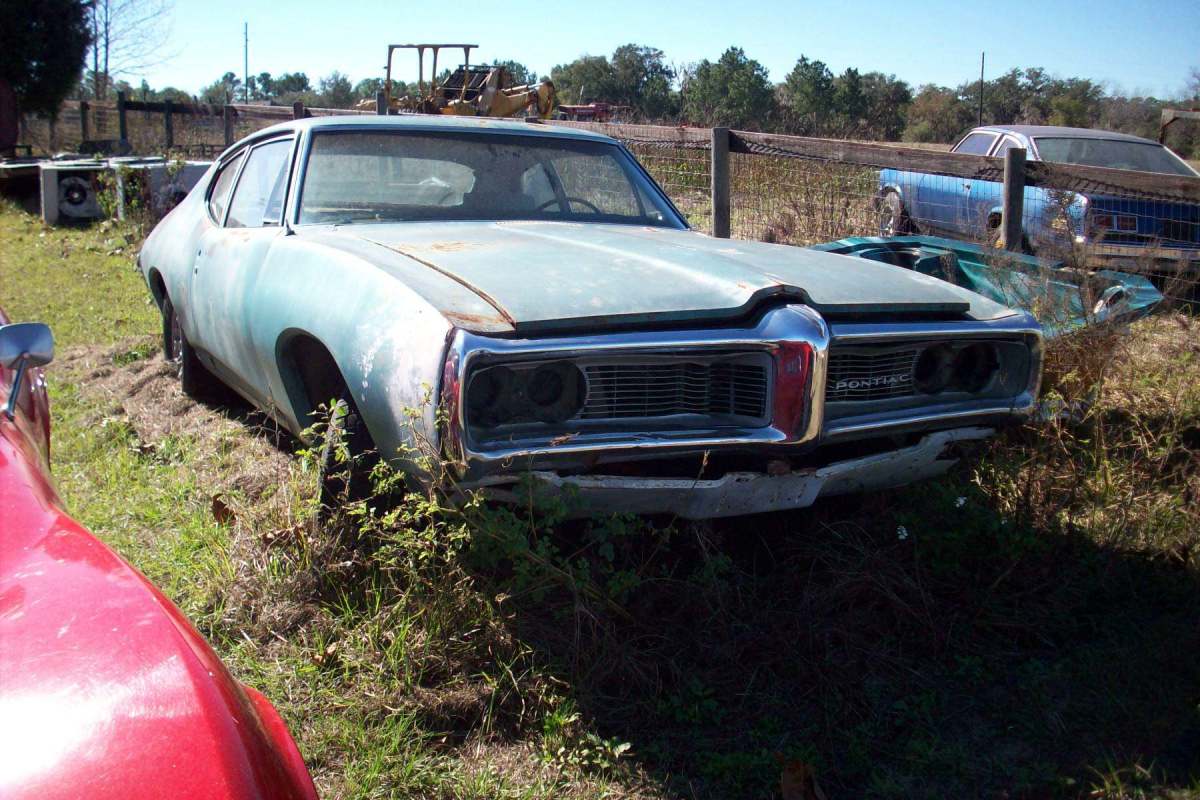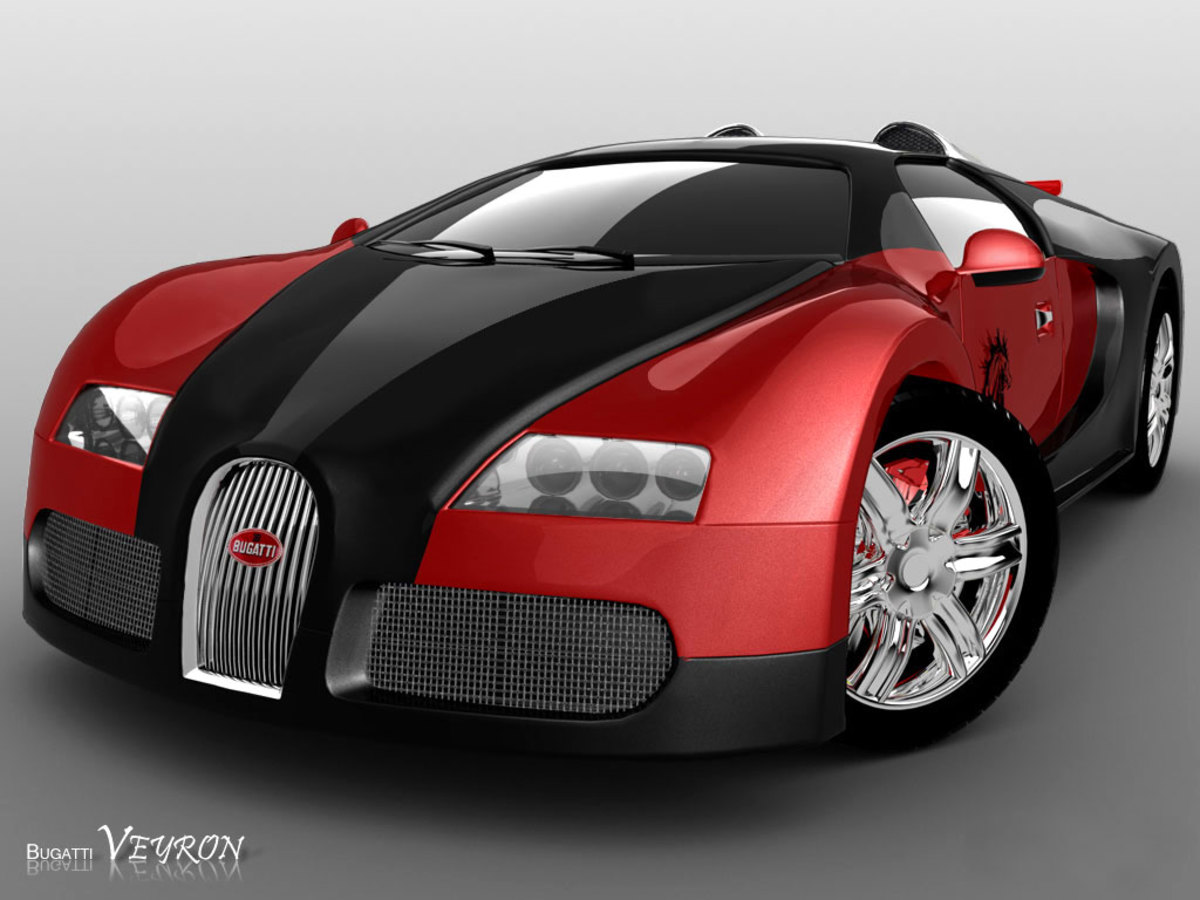WHAT TO LOOK FOR WHEN BUYING OR LEASING A CAR
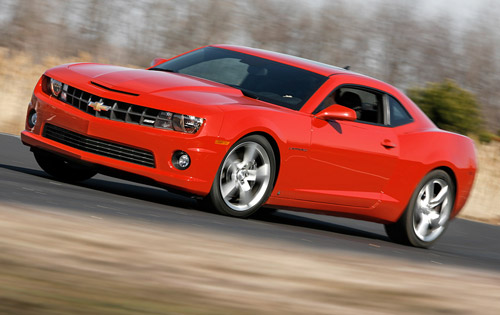
Relief Assistance for Haiti
Thank you for stopping by to read my hubs, but we cannot afford to remain indifferent to the plights and sufferings of our fellow human beings in their darkest hours. As a citizen of the world, do your civic duty first, then read on.
As a citizen of Hubpages' Universe, it is your duty and responsibility to act and respond swiftly with overwhelming support, when natural or man-made disasters strike (Haiti's Earthquake). To that end, I urge you to donate generously to Organizations, Charities and Agencies, actively engaged in providing relief assistance to Haiti. For a list of vetted Organizations to donate to, Check CNN's Impact Your World - Special Reports from CNN.com
You can donate by phone, text messages, or online.
Any concerns about an Organization's rating and legitimacy? Peruse the following sites:
Charity Navigator for rating
Foundation Center for Tax filings, 990 Finder (Forms 990's, EIN, etc.)
Blackouts and brownouts are frequent and common occurrences in this region of the world. The most meaningful gifts at this juncture -besides foodstuffs and cash- are Solar Cell Phone Chargers, Portable Solar Radios with Flashlight and Cell Phone Chargers, Dynamo Hand-crank Emergency Cell phone Chargers, Batteries and Inverters.
Yesterday it was the US' turn (9/11 and Katrina), today it's Haiti's (Earthquake), tomorrow is...Well, it's up to Mother Nature. So, Be generous!
What to Look for when Buying or Leasing a Car
Buying or leasing a new car (or pre-owned, certified pre-owned), next to education and housing, ranks among the big ticketed items for which you'll have to shell out a lot of dough. Therefore, before embarking on that shopping adventure, it's worth doing one's homework; for time spent now researching and digging will pay handsome dividends in terms of money saved and headaches avoided in the long run. Proceed with caution.
Is the car an asset or a liability, an investment or an expense?
If it fattens (makes money) your wallet or purse, it's an asset or
investment. If it flattens or thins (depletes fund) the purse strings,
it's a liability or expense. If it feeds you, it's an asset. If you
feed it, it's a liability.
This hub is meant to give you the nuts and bolts of the car shopping experience without the frills, bells and whistles*
To quote a Ford slogan, "Safety is job # 1".
Safety
Before you buy or lease a car, you must check its safety track
record and crash test results. In the event of an accident, you and
your family want to walk away alive, unscathed at best; with minimal or
minor sustained injuries at worst. Is the vehicle equipped with ABS,
traction control, anti-skid system, front-side airbags, curtain side
airbags, etc.? Your purchase should be based on safety, reliability or
dependability, track record, resale value and your budget.
Size matters. The law of physics (based on force, weight, vehicle size and distance) according to which in the event of an impact, collision or accident (micro, mini, or compact vs mid-size vs large-size vehicles), the smaller or smallest vehicle stands to sustain the brunt of the resulting damages- hence compromising the safety of its occupants- still reigns supreme. While fuel economy is important, safety even more so. Be discerning, judicious and wise in your choice of vehicle(s). Strike the right balance. For further information on that subject, see The Insurance Institute for Highway Safety's news release titled: New crash tests demonstrate the influence of vehicle size and weight on safety in crashes; results are relevant to fuel economy policies (Don't forget to watch the video.) at:
- www.iihs.org/news/rss/pr041409.html
Crash Tests Show Impact of Size on Safety- iihs.org & youtube.com
To check out a vehicle's safety rating, go to The Insurance Institute for Highway Safety website:
- www.iihs.org
For Vehicle Safety Research, Recalls, Defects and Complaints, go to the National Highway Traffic Safety Administration's website:
- www.nthsa.gov
For government-issued recalls from six agencies (including the National Highway Traffic Safety Administration):
- www.recalls.gov
For a premier source of vehicle safety information:
- www.safercar.gov
For results of recently tested vehicles, visit the Consumer Reports site:
- www.consumerreports.org
Fuel Economy
We all have to do our share to reduce our carbon footprints. If we don't, sooner or later we won't a planet to live on or bequeath to our children. Besides, you should factor in the ownership cost in the long run. Hence the need to consider fuel efficiency at the outset.
Premium vs Regular fuel.
Premium fuel (91+ octane) is recommended for some cars, Mid-grade (88+
octane) or Regular fuel (85+ octane) for others. If you are thrifty,
you will factor in, among other things, fuel grade in your choice of
vehicle(s). Bottom line: ownership of a premium-fuel consuming vehicle
will cost more in the long run. To find out which fuel grade is
recommended for a car, open and read inside the fuel tank or gas tank
door. Better yet, read the owner's manual.
Is your vehicle a gas-guzzler or gas-sipper, fuel-efficient or not?
As a rule of thumb, the more cylinders, the less energy efficient. The less cylinders, the more fuel efficient. Energy efficiency is also determined by the type of fuel and technologies used (Gas vs Diesel, Hybrids vs Non-Hybrids, Compressed Air vs Pure Electric, etc.). Diesel vehicles tend to be more fuel-efficient (more mpg [mile per gallon]) than their Gasoline counterparts. The following comparisons, for illustration's sake, convey the point:
- 2009 Volkswagen Jetta Diesel (Automatic, 4-cylinder, 2 L, Turbocharged) is more fuel-efficient (33 Combined, 29 City, 40 Hwy) than a 2009 Volkswagen Jetta Regular Gasoline (Automatic, 5-cylinder, 2.5 L) (24 Combined, 20 City, 29 Hwy).
- 2009 Mercedes-Benz E320 Bluetec Diesel (Automatic, 6-cylinder, 3 L) is more economical mpg-wise (26 Combined, 23 City, 32 Hwy) than a 2009 Mercedes Benz E350 Premium Gasoline Automatic, 6-cylinder, 3.5 L) (19 Combined, 17 City, 24 Hwy).
- 2009 Nissan Altima Hybrid Regular Gasoline (Automatic, 4-cylinder, 2.5 L) gives more mpg bang (34 Combined, 35 City, 33 Hwy) than a 2009 Nissan Altima Regular Gasoline (Automatic, 4-cylinder, 2.5 L) (26 Combined, 23 City, 31 Hwy).
- Vehicles
with Manual Transmissions tend to be more efficient fuel-wise than
Vehicles with Automatic Transmissions (see table below).
Video: courtesy edmunds.com & youtube.com
MPG (Mile Per Gallon) Comparison
Combined MPG
| City MPG
| Hwy MPG
| |
|---|---|---|---|
2009 Volkswagen Jetta Diesel (Automatic, 4-cylinder, 2 L, Turbocharged)
| 33
| 29
| 40
|
2009 Volkswagen Jetta Regular Gasoline (Automatic, 5-cylinder, 2.5 L)
| 24
| 20
| 29
|
2009 Mercedes-Benz E320 Bluetec Diesel (Automatic, 6-cylinder, 3.0 L)
| 26
| 23
| 32
|
2009 Mercedes Benz E350 Premium Gasoline (Automatic, 6-cylinder, 3.5 L)
| 19
| 17
| 24
|
2009 Nissan Altima Hybrid Regular Gasoline (Automatic, 4-cylinder, 2.5 L)
| 34
| 35
| 33
|
2009 Nissan Altima Regular Gasoline (Automatic, 4-cylinder, 2.5 L)
| 26
| 23
| 31
|
Do you know that most Diesel Vehicles can run or be modified to run on Biodiesel (vegetable or animal fat- derived fuel)? Check manufacturer's manuals and warranty. To convert Diesel Engine to Biodiesel or not to convert? That's the question. Read this eye-opener article - The Scam on Biodiesel Engine Conversion - at:
- www.associatedcontent.com
For more information on Biodiesel, The National Biodiesel Board site is a great resource:
- www.biodiesel.org
AWD or 4WD vs FWD or RWD
All Wheel Drive or 4 Wheel Drive Vehicles are slightly less fuel-efficient than Front Wheel Drive or Rear Wheel Drive Vehicles. For instance, a 2009 BMW 328i averages 22 Combined MPG vs a 2009 BMW 328i xDrive, 20 Combined MPG. That's a minor downside. The upside? AWD or 4WD, specially High Clearance ones, laugh at the snow (less snow shovelling), make fun of rough terrains.
A good website for Vehicle Features & Specifications Comparison is Edmunds.com:
- www.edmunds.com
A great free online car magazine for Auto enthusiasts is:
- www.insideline.com
What can you compare and contrast at Edmunds.com?
MSRP, Invoice, True Market Value, Local Dealer Price, Financing, True Cost To Own, Warranty, etc.
Another good website for new car, used car, car reviews, car values and Blue Book Prices is Kelly Blue Book:
- www.kbb.com
You get the fuel efficiency picture by now.
To drive the fuel efficiency point home further, let's compare side-by-side (www.fueleconomy.gov) the following 2009 vehicles: Toyota Rav4, Subaru Outback, Suzuki Grand Vitara and Ford Escape. Common thread: they are all 4-cylinder mini SUVs, with AWD or 4WD and Automatic Transmission. And the winner is:...well that's your homework. Remember the good students (teacher's pets) will be rewarded with more content- rich hubs. The bad students will be called into the Principal's Office. Take the survey, participate in the poll.
To find out how fuel-efficient is your vehicle, go to: www.fueleconomy.gov where you can find and compare vehicles side-by-side, explore a wealth of information on Diesel Vehicles, Hybrid Vehicles, Alternative Fuel Vehicles (Ethanol, Biodiesel, Natural gas, Hydrogen, Propane), New Energy Tax Credit for Diesels, etc.
Volkswagen, BMW, Mercedes Benz, Audi, Subaru, Honda, Ford, Jeep, General motors, Dodge, Nissan, Hyundai, Kia, are coming out with, or planning to launch new Diesel Vehicles.
To find cheap fuel in your neighborhood, go to:
- GasBuddy.com,
- gasprices.mapquest.com or
- fueleconomy.gov
In a not-too-distant future, our highways and byways will be filled with Electric-Powered Vehicles (China's Geely has its Panda EV; Toyota, its RAV-4 EV, etc.). Will an Energy Star rating (as opposed to fuel economy rating) be attributed to an Electric Vehicle to determine its energy efficiency; or a KWh-per-100-mile rating?
Autocheck vs Carfax
Is the vehicle you are purchasing a lemon, has it been flooded, involved in an accident or not?
Since you are not to rely on a dealer's free vehicle history report but your own, if the dealer offers a free Carfax report, buy an Autocheck report. If the dealer provides a free Autocheck report, avail yourself of a Carfax report. Why a different vehicle history report from the dealer's? Diversity. You want to compare and contrast both reports' content (Autocheck vs Carfax) for any discrepancies. Chances are if one report has missed something, the other competing report may catch it.
The price of a vehicle history report ranges from $29.99 for a single report to $59.99 for unlimited reports. You can either spend that measly amount to avoid a $5,000.00, $10,000.00, $15,000.00, etc mistake or save that meager amount ($29.99 - $59.99) and make an onerous and exorbitant financial mistake in the order of $5,000.00, $10,000.00, $15,000.00, etc., depending on the amount you are willing to spend on a car. Penny wise and pound foolish? The choice is yours.
The only way to find out is to get a Vehicle History Report from either CARFAX:
- www.carfax.com
or AutoCheck:
- www.autocheck.com
If you want to know whether a vehicle was severely damaged or totaled, don't want to get stuck with a lemon, the National Motor Vehicle Title Information System is a good place to start:
- www.nmvtis.gov
It would be wise to rely on your own Vehicle History Report, not the seller's. Bear in mind also that if the vehicle was in any way, shape, form or fashion compromised, and an incident/accident report was not duly and properly filed, the Vehicle History Report will not reflect it. Don't forget to compare the vehicle's VIN (Vehicle Identification Number) to the Title's VIN for any discrepancy.
If you are not mechanically inclined, it would make sense to retain the services of a professional Mechanic or Technician for inspection, test drive and expert advices.
To locate an ASE Certified Technician (Mechanic) or a Blue Seal Shop, go to the National Institute for Automotive Excellence website:
- www.asecert.org
Don't forget to check out a business track record at the Better Business Bureau's website before, not after, you do business. The Better Business Bureau' s website is:
- www.bbb.org
Where to find the bargains
At this point, you're probably wondering where would I find a reliable, brand new, or relatively so (pre-owned, certified pre-owned), vehicle after I've done all my home work?
Dealership
The dealership is obviously a start. You can haggle back and forth over price, features,etc., take it out for a spin, observe the following gauges: oil, speedometer, fuel, tachometer, mileage, dashboard lighting, etc.). Don't forget to take advantage of dealer or manufacturer incentives and rebates programs. Caution: before you do business at a dealership, check out its track record at the Better Business Bureau, or your local United States Attorney's for any complaints:
- www.usdoj.gov
Most dealerships run a clean operation. They should not all be painted with a broad brush of dishonesty and crookery. However, in any and all professions, there are always a few bad apples. Dealerships are no exceptions. To learn about a few tricks of the trade, explore this site:
- www.insidercarsecrets.com
Mechanical soundness
Test drive the vehicle to gauge its mechanical soundness. Before you do, pop-up the hood, check:
- Oil level and fluidity. If the oil is pasty (oil mixed with antifreeze or water), it's a sign of trouble.
- Transmission fluid level before (to see if any fluid is present) and after the car warms up (to gauge the correct level). Smell for any burnt fluid (burnt transmission fluid is a sign of transmission trouble).
- Antifreeze level (DO NOT OPEN THE RADIATOR WHILE HOT, TO AVOID SCALDING. NEVER EVER OPEN A HOT RADIATOR, YOU WILL GET BURNED. WAIT UNTIL THE RADIATOR IS COOLED).
- Power steering fluid level.
- Windshield washer fluid level (through windshield fluid reservoir).
Check exterior of vehicle:
- Tire pressure (for leak).
- Windshield for cracks or scratches
- Doors, fenders, roof (leaky moonroof or sunroof)
- Put the vehicle on a lift to check undercarriage for rust and eventual or potential leaks (engine oil, radiator antifreeze, transmission fluid, etc.).
Check interior of vehicle:
- Air bags (front, side, etc.)
- Roll windows up and down.
- Windshield washer spray (On/Off).
- Turn On and Off: headlights (high beam/low beam), tail lights, turn signals, flashers, AC/Heat, windshield wipers, dashboard lights, radio, TV, DVD player (if so equipped), etc.
- Seats: recline, slide or move forward and back.
- Blow horn.
During test drive, turn radio off to hear or listen for engine noise, clatters or knocks if any. Shift the transmission (full range) from park (P), drive (D), neutral (N) to reverse (R), etc. and vice versa, watch for ease with which transmission shifts from one speed to another. Also check:
- Wheel alignment and the following gauges:
- Speedometer,
- Odometer,
- Tachometer,
- Mileage,
- Oil,
- Temperature and
- Battery.
Check whether the engine is timing belt (good), timing chain (better), or timing gear (best)-driven, for a timing belt must be replaced every 60,000-100,000 miles or so, along with water pump (expenses incurred for parts and labor), depending on the manufacturer's recommendations.
Finally, no test drive is complete without the proverbial kick to the tire. Go ahead, with my permission (how presumptuous of me!), kick the tire! (You feel better now!)
To locate a Dealer, go to the National Automobile Dealers Association site:
- www.nadaguides.com
Auctions
Look up local newspapers, ask friends and family, peruse the Internet, check your local Police Department, Municipality, etc.
A number of excellent websites worth checking out are the following:
The National Auction List
- www.nationalauctionlist.com
The Official Site to Buy U.S. Properties
- www.govsales.gov
The GSA Fleet Vehicle Sales, U.S. General Services Administration
- www. autoauctions.gsa.gov
The United States Marshals Service
- www.usmarshals.gov
For sale of government surplus and confiscated items via the internet:
- www.govdeals.com
If you're in Los Angeles, don't forget to check out the Los Angeles Official Police Garages:
- www.opgla.com for Auctions and Liens Sales.
In New York, The Department of Citywide Administrative Services:
- www.http://nyc.gov/html/dcas/html/auctions/autoauctions.shtml or
The City of New York Police Department Property Clerk:
- http://www.nyc.gov/html/nypd/html/property_clerk/police_auctions.shtml
Before going to the auctions, make sure that the Book Value – or Real Life Value, True Market Value of the vehicle – is known, so you don't overbid in an emotional bidding frenzy. Also, beware of liens. Vehicles encumbered with lien(s) cannot be registered, unless and until the lien is satisfied. A lien is defined as "a right to retain possession of another's property pending discharge of a debt, or the right to take another's property if an obligation is not discharged", according to Collins English Dictionary. Caveat Emptor (Let the buyer beware)!
Classifieds
When you are on the market for a car, it's a good idea to let friends and foes (just kidding!) know about it so they (friends) can be of assistance in any which way possible. Shop the classifieds also for private sellers, auctions or dealer advertising . Whether online:
- www.craigslist.org
- www.carbuyers.com
- www.cars.com
- www.carsdirect.com
- www.carsforsale.com
- www.vehix.com
- www.motors.ebay.com
or in the Papers:
- www.newspapers.com
To know whether you're getting a good deal or not, compare asking price to Book Value or True Market Value. Negotiate, haggle to get the best price and save money. Check out these websites for an idea as to how much sellers are asking for their cars:
- www.autotrader.com
- www.autotraderclassics.com
- www.cars.com
Rebuildables
Rebuildables are relatively new vehicles that have been involved in minor accidents (light hits, light fresh water damage or stolen) and have, consequently, sustained minor fixable or repairable damages. Most of those vehicles come with a CLEAR TITLE, SALVAGE TITLE or R-TITLE (Rebuilt or Reconstructed TITLE) and do run and drive like new. If ownership of an almost brand new vehicle (low mileage) at a reasonable price strikes your fancy, you should consider rebuildables, provided that the combined price and cost of vehicle repairs do not meet or exceed the price of a new car. If the total (price + cost) is 1/3 to 1/2% of a new car, then it's a steal!
According to Carfax, a Rebuilt/Reconstructed vehicle is a salvage vehicle that has been repaired and restored to operation.
A Salvage Title is issued on a vehicle damaged to the extent that the cost of repairing the vehicle exceeds ~ 75% of its pre-damage value.
For more information on Salvage Titles, Rebuilt or Reconstructed Titles, insurance for such vehicles, please read Car Insurance's article at:
- http://www.carinsurance.com/kb/content26568.aspx
Bear in mind that the nature and extent of the damages sustained by the vehicle, as a result of the accident, may compromise the safety and integrity of the vehicle's structure. So, before you proceed with such a purchase, it would be advisable to enlist the services of an expert knowledgeable in auto body, chassis straightening and the like, or a mechanic. Don't forget to check with your State DMV with respect to its policy (licensed garage, certificate of inspection for rebuilt or salvaged vehicles, etc.) vis-a-vis Salvaged, Rebuilt or Reconstructed Vehicles.
To locate Rebuildable Vehicles, just put the keywords Rebuildables or Rebuildable into any search engine.
Stolen Vehicles
Before you buy a stolen vehicle, it is of utmost importance to verify its status with the NICB (National Insurance Crime Bureau) to protect yourself, for you could be charged with purchasing a stolen vehicle and incur the risk of losing the vehicle without any compensation for the purchase price. For status verification of a stolen vehicle, please contact the NICB by calling:
- 800-447-6282 x 2,
or complete the NICB web form, or run a free VinCheck (up to 5 within 24 hours) to determine "if a vehicle has been stolen, but not recovered, or has been reported as a salvage vehicle", at:
- https://www.nicb.org/theft_and_fraud_awareness/vincheck
To complete the NICB web form:
- http://www.carfax.com/contact/NICBForm.cfx
Car ownership or not
To own or not to own a car? That is the question. Sometimes, depending on frequency and purpose of use, the car ownership math does not compute. It doesn't make any sense to own a car. For instance, if you live in a crowded area, parking might be an issue. At times, you literally must stay up all night long or sleep in your car to stake out and secure a parking space. Simply put, parking space is at a premium, especially when parking rent and/or rates are prohibitively expensive. How about maintenance, insurance and fuel as added cost of car ownership? It's time to explore other alternatives to car ownership.
Car Sharing
Car Sharing is an economical alternative to car ownership. The benefits of Car Sharing are numerous: flexible, affordable; insurance, maintenance and fuel are provided free of charge by most, the latest green cars (Hybrids, ULEVs*, PZEVs*), eco-friendly, good for universities and businesses alike, and joining is easy. Car sharing offers the opportunity to maintain one's driving privileges and perks without the hassles, headaches and stresses of car ownership.
Here are the economic nuts and bolts of Car Sharing:
- Join
- Pay annual fee or monthly commitment and application fee
- Pay hourly rates or daily rates ranging respectively from $5.00/hr to $115.00/day, depending on the plan of your choice.
- Free gas, insurance and miles (offered by most Car Sharing Programs). To compare and contrast programs and plans, here is a list of Car Sharing Companies:
- Car Sharing is nationwide and international.
To compare and contrast programs and plans, here is a list of Car Sharing Companies:
- http://www.citycarshare.org/
- http://www.zipcar.com/
- http://www.igocars.org/
- http://www.carsharing.net/
- http://www.hourcar.org/, and
- http://www.drivemint.com/
Also explore Car Rental vs Car Sharing. Pick the one that makes the most economic sense, depending on your car needs.
*ULEV: Ultra Low Emission Vehicle. *PZEV: Partial Zero Emission Vehicle
Insurance
An excellent driving record, coupled with Defensive Driving Course and features such as Air Bags, Alarm System, Safety Features, is definitely a plus for low insurance rates. The secret to a good driving record is to obey the traffic laws. Failure to obey the traffic laws will result in the traffic laws disobeying you. To get multiple insurance quotes, go to either:
- www.insurance.com,
- www.insureme.com,
- www.esurance.com or
- www.carinsurance.com
'Wanna save money on your insurance bill, possibly reduce points off your license, be a better motorist? Why not take a Defensive Driving Course? For further information, go to the National Safety Council site for Online Defensive Driving:
- www.nscddconline.com
or the National Safety Council site:
- www.nsc.org
Defensive Driving Course Economics
Not only does a Defensive Driving Course stand to make a better driver/motorist out of you, but the Return On Investment (ROI) is astronomical. See table below.
Defensive Driving Course _ Benefits
Defensive driving course price
| Auto Insurance Rates
| Auto Insurance Reduction year 1: 10%
| Auto Insurance Reduction year 2: 10%
| Auto Insurance Reduction year 3: 10%
| Total ROI
| Points Reduction On Driver Record: up to
|
|---|---|---|---|---|---|---|
$50.00
| $800.00/yr
| $80.00
| $80.00
| $80.00
| 480%
| 4 points
|
$50.00
| $1000.00/yr
| $100.00
| $100.00
| $100.00
| 600%
| 4 points
|
$50.00
| $1500/yr
| $150.00
| $150.00
| $150.00
| 900%
| 4 points
|
$50.00
| $2000/yr
| $200.00
| $200.00
| $200.00
| 1200%
| 4 points
|
A Defensive Driving Course price is between $25.00 and $50.00. An investment of $50.00 yields a return on investment (ROI) ranging from 480% to 1200%, depending on your insurance rate, along with points reduction on driver record of up to 4 points. The ROI is both astronomical and exponential. The higher the insurance rate, the greater the savings. For an expanded version of the economics behind the Defensive Driving Course and as to why you should take a Defensive Driving Course, please read:
Wanna better rate of return on investment, still? Why not replace your incandescent bulbs with CFLs or LEDs?
Still unsatisfied? Try coupons clipping to add to the savings.
Do you want to know a secret, a better vehicle (pun intended) to invest your money in for a higher rate of return than the Defensive Driving Course's Return (480%-1200%)? I am not going to divulge and share it with you. Well, I change my mind. Let me spill the beans, here is the vehicle: The banks (LOL!). Consult your financial adviser.
Be Enlightened
Be en enlightened motorist. Smart driving and money saving are not incompatible, au contraire, it's the intelligent and right thing to do. For money saving tips while driving, see the Alliance to Save Energy's website:
- www.drivesmarterchallenge.org
and the Environmental Protection Agency's website:
- http://www.epa.gov/greenvehicles/Index.do
Once the car is purchased or leased, it must be insured, registered and inspected. Chances are you already know where is located the nearest Department of Motor Vehicles (DMV) Office. But just in case you happen to be from another planet such as Mars, Neptune, or Pluto (Oops!, no longer a planet!), to help you locate the nearest DMV Office on planet Earth, here is a website with a complete list of DMV with vehicle registration, driver license, offices, forms, and publications:
- www.dmvlist.com
Maintenance
Oil.- Change your oil every 3000 miles or so, or follow manufacturer's recommendations. Frequent oil changes, at regular intervals, is the single best thing you can do for your car. The car's engine will thank you for it and reward you with a lifetime trouble-free (almost) performance.
Curious as to what an oil change entails? "Wanna learn how to change your oil?
- www.quakerstate.com to the rescue, with some informative slides and audio.
Before you take your car to a repair shop/technician, you may want to know what's wrong with the check engine light, have an idea about repair cost/estimate. There are a number of car diagnostic tools suitable for both novices and professionals. To name just a few:
- Black & Decker - Smart Scan Car Diagnostic Tool,
- CarMD Vehicle Diagnostic Unit Software Package and Storage Pouch, and
- ElmScan 5 USB Scan Tool.
Tune-up.- Have your car tuned-up on a regular basis. Change spark plugs, wires, filters, brake pads or shoes, transmission fluid, etc. according to the manufacturer's recommendations.
Electric car.- The best thing you can do for your electric car is to keep the batteries charged at all times. Never drain a battery dry, for its life cycle will be shortened. For the latest 100+ mpg PLUG-IN HYBRID Hummer by Raser Technologies, browse:
- www.rasertech.com
For the latest Pure Electric Vehicles:
- www.teslamotors.com
For a Zero Emission No Noise, affordable Electric Vehicle:
- www.zenncars.com
If you own a Plug-In Hybrid (PIH) or an Electric Vehicle (EV), love to save money, and want to cut or shred your electric bill, you may want to investigate what LifePort Solar has to offer in terms of ability to home recharge your car from the garage rooftop.
- www.envisionsolar.com
Do you own a Hybrid and want to convert it into Plug-In Hybrid Electric Vehicle (PHEV)for an extended range of 100+ MPG?
The California Cars Initiative for Plug-In Hybrids has a wealth of information and resources as to how to proceed.
- www.calcars.org
Compressed Natural Gas Vehicle: a regular (gasoline- powered) vehicle retrofitted to run on Compressed Natural Gas (CNG) or Liquefied Natural Gas (LNG). There are also Dedicated Natural Gas Vehicles. Follow recommended maintenance instructions.
Compressed Air Vehicle? well, see for yourself at:
- www.zeropollutionmotors.us
If you are technically inclined, an inveterate doityourself, ALLDATA has the the latest Auto Repair Software, Car Manuals and Car Recalls for the Consumer:
- www.alldata.com,
- www.alldatadiy.com
Your car is an investment. In order to enjoy the derivative dividends for years to come, you must take care of it. To take great care of your vehicle, the Car Care Council fits the bill:
- www.carcare.org
If you want to further your education in the automotive field, you can do so right in the comfort of your home. Browse:
- www.pennfoster.edu
You can earn a Career Diploma as: Auto Repair Technician, Diesel Mechanics/Heavy Truck Maintenance; or a Certificate in Automotive HVAC, Automotive Transmissions.
- www.scitraining.com
You'll earn a Personalized Auto Mechanic Career Diploma.
Don't forget to take a look at the following site (Distance Education and Training Council) for a plethora of educational institutions to learn whatever your heart desires:
- www.detc.org
If your car breaks down in the middle of nowhere, and you don't have an onstar service or its equivalency, what are your options?
It would be prudent to have a charged cell phone, a GPS (Global Positioning System) unit (if the vehicle is not so equipped), a Road Map for back up, a charged Jump Starter and Power Source Unit ,and join, beforehand, the American Automobile Association in case you are stranded:
- www.aaa.com
Frst Aid
If you were fortunate enough to walk away unscathed from an accident, would you know what to do to administer first aid to the injured? Having a First Aid Kit (What every woman motorist should know) on board and knowing how to use it could be a life-saver. Why not take a First Aid, CPR and Automated External Defibrillator (AED) Courses at your local Red Cross? To locate your local Red Cross, go to:
- www.redcross.org
Any safety-minded motorist would always carry the following onboard:
- First Aid Kit (for First Aid in the event of an accident),
- Fire Extinguisher (in the event of a fire),
- Set of Spare Car Keys on one's person (in purse, wallet or pocket, in case of lockout. Even Onstar or similar services cannot come to the rescue if your car battery and/or back up are dead, depleted. Sorry locksmith!)
- Safety Flares (for warning oncoming motorists of roadside emergency),
- Warning Triangle (to alert other motorists to steer clear of the area),
- Gallon of Water (for any purpose),
- Inflated Spare Tire (in the event of a blown or punctured tire),
- Lug Wrench Extension (to use as leverage for tough and stubborn rim nuts),
- Safety Cones (to be easily seen in case of emergency),
- Charged Cell Phone (in case you are stranded),
- Charged Jump Starter with Power Source Unit (Compressor to inflate tire, Inverter for AC devices, Lantern, Battery Cables for Jump Start),
- Flash Light (to fight, overcome and triumph over the evil forces of darkness!),
- Jump Start Cables or Booster Cables (in case your car needs a booster),
- Solar Charger (avoid energy-depleted or dead batteries due to prolonged or extended parking, useSolar Charger to trickle charge batteries),
- Towing Rope or Strap or Cable (in case towing service is needed),
- Jack and Jack Stands Set (for tire change or replacement, with jack and safety jack stands), and
- Wheel Chock Set (to keep the tires from rolling when vehicle is jacked up).
For more details on safety tips for female drivers, read: What every woman motorist should know
Buying vs Leasing
If you change your car as often as you change underwear (just kidding!), i.e. every other year or so, then you should consider leasing. Benefits: lower monthly payment, you pay only for usage of vehicle, at the end of the lease you can decide either to return or buy the car. The money saved each month can be invested in dividend or interest bearing instruments. For more information on leasing, read the Federal Reserve's " Vehicle Leasing: Quick Consumer Guide " at:
- www.federalreserve.gov
If you want to save a ton of money on a lease, the least expensive way to do so is to take over or assume an existing lease. You'll get all the benefits without the exorbitant upfront cost. for further information, read the fine prints and peruse the following sites:
- www.leasetrader.com,
- www.takemypayments.com and
- www.swapalease.com.
On the other end, If you change car as seldom as you turn in your wife or girlfriend, husband or boyfriend for a new or the latest model (LOL!), then, by all means, you should seriously explore buying. Benefits: even though your monthly payments will be higher, when the loan is paid off, you'll get to keep the car and enjoy it for as long it's mechanically sound and makes financial sense, payment free. You'll enjoy equity (what the car is worth after it's paid off).
Whether you opt for buying or leasing, it would be wise to consult your financial advisor before you pull the financial trigger.
Financing
The limited extent of my financial expertise precludes me from dispensing any financial advice. However, we can discuss auto financing strategies. If you feel inclined to use any of those techniques, please do so with the assent, consent of, and in consultation with your financial advisor.
If you are a member of a Credit Union, it would be advantageous to explore their auto financing programs for competitive rates and other services. For more information on Credit Union, check out:
- www.creditunion.coop
- www.credituniononline.com
- www.cuna.org
For more information on how to get credit, please read:
- How To Get Credit (coming soon)
Take advantage of dealer and manufacturer incentives.
Like multiple insurance quotes, you can also get multiple loan quotes. But before you do business with any financial company, make sure you check its track record. Read the fine prints. Just a few finance company websites worth checking out:
- www.myautoloan.com
- www.autoloanlocator.com
To Compare Local Auto Loan Rates, go to:
- www.bankrate.com
If you use a Home Equity Lines of credit or a traditional second mortgage loan to purchase a car, the interest may be tax-deductible. Consult your tax advisor. Don't forget to check out the Federal Reserve's " What you should know about Home Equity Lines of Credit " at:
- www.federalreserve.gov
Self-financing
Self-financing should be considered. If you have money in the bank, you can borrow against it at 2-4% over the rate your account is earning. It's a Passbook loan. (Please do not deplete your rainy day fund.) If you are credit-challenged, Self-financing is also an excellent opportunity to build a positive credit history, provided that punctual payments are reported to the credit agencies, on a consistent basis, by the lending institution. If timely payments are not reported by the bank or lending institution you are dealing with, find yourself a bank and/or lender that do. For further information, read the following article (Passbook loans: Paying to borrow your own money) at:
- www.bankrate.com
To educate yourself about the basics of Auto Financing, read some informative articles at:
- www.autofinancing101.org
Warranty
Most automakers nowadays offer generous warranties to sweeten the deal. Warranties range from Basic to Roadsise assistance, without forgetting Drivetrain and Rust/Corrosion. Most warranties are based on a combination years/mileage (e.g. 3 years/100,000 miles or unlimited), whichever comes first. In my opinion, one should not make a buy/lease decision solely based on warranty. Safety, track record, crash test results and resale value should also be taken into consideration.
Auto Shows
If you are that passionate about cars, you cannot afford to miss an Auto Show. To locate the latest Auto Show near you, go to:
- www.autoshows.com
or google:
- www.autoshow.com
To the extent possible, just about every angle of the car buying and/or leasing process has been explored and covered; the implications herein and thereafter. If any stones are left unturned, please feel free to fill in the blanks by doing your own due diligence. If you are "ever taken for a ride again" (pun intended) while buying or leasing a vehicle, you will have no one to blame but... you guess it: The Martians!...Good luck and happy bargain hunting. Enjoy!
*While every effort has been made to convey accurate information to the extent possible, author assumes no responsibility or liability for errors or changes that occurs prior or subsequent to publication. Do your own due diligence.
Participate in polls, watch video, see illustrative photos and useful links below.
If you learn anything from this hub, why not join hubpages and share your expertise for the benefit of your fellow terrestrials and extraterrestrials?
Leave a comment and join now or below.
P.S. Words of wisdom: A bad or reckless driver will always let you know so (literally,as well as figuratively). Consequently, pay close attention! At all times.
This work is licensed under the Creative Commons Attribution-Noncommercial-No Derivative Works 3.0 United States License. To view a copy of this license, visit http://creativecommons.org/licenses/by-nc-nd/3.0/us/ or send a letter to Creative Commons, 171 Second Street, Suite 300, San Francisco, California, 94105, USA.
-------------------------------------------------------------------------------------------------------
Disclaimer
Every attempt and effort has been made to convey accurate information, to the extent possible. Under no circumstances can the author be held liable or accountable for inaccuracies, if any. Readers are advised to do their own due diligence.
Any and all cited brands, trademarks, registered trademarks or trade names are the property of their respective owners.
Readworthy
♦How To Watch Free TV On Your PC and Laptop♦ ♦How To Charge Your Cell Phone For Free and save money♦
♦How To Play MP3s and iPods In Your Car♦
♦How To Get Free Accounting Software♦ ♦How To Get Credit (coming soon)♦ ♦Money: 10 Useful Web Sites♦
♦Best Wishes- Reach Your Goals♦
♦Is Amazon's Affiliate's Program A Scam?♦ ♦Free Telecommunications Galore♦
Charge your cell phone for free and save money. Read this:
'Wanna watch free TV on your PC? Read this:
- How to watch free TV on your PC and Laptop
Technologically speaking, we live in the best of times. Technological breakthroughs, relegated in the past to the realm of impossibility and science fiction, are common occurrences nowadays. We've come a long...
Join Hubpages Now!
Defensive Driving Course: Who needs it?
Vehicle Safety Research, Recalls, Defects and Complaints
Recalls
- ODI - Office of Defects Investigation
NHTSA is responsible for reducing deaths, injuries and economic losses resulting from motor vehicle crashes.
Safer Car
Size Matters
Safety
- IIHS-HLDI: Crash Testing & Highway Safety
Independent, nonprofit, research and communications organizations funded by auto insurers and dedicated to reducing highway crash deaths, injuries and property losses.
Fuel Economy
- Fuel Economy
Gas Mileage, safety, air pollution and greenhouse gas emissions for new and used cars and trucks. Improve the MPG of your vehicle with our gas mileage tips
Gas Prices of The United States
- Gas Prices - Find Gas Stations by State at MapQuest!
MapQuest provides accurate online maps & driving directions. Gas, Gas Prices, Diesel, Diesel Prices, Alternative Fuels, BioDiesel, E85, Ethanol, Electric, Compressed Natural Gas, Hydrogen, Propane, Methanol
Cheap Gas Prices
- GasBuddy.com - Find Low Gas Prices in the USA and Canada
GasBuddy.com can help you find cheap gas prices in your city. It is a network of more than 181+ gas price information websites that help you find low gasoline prices. All web sites are operated by GasBuddy and has the most comprehensive listings of g
Vehicle History Report
Vehicle History Report
National Motor Vehicle Title Information System
Vehicle Comparison
- New Car, Used Car, Car Reviews, Blue Book Prices & Car Values - Official Kelley Blue Book Site
Kelley Blue Book is the trusted resource for new car & used car information, new car prices, used car values, pictures, reviews, car comparisons, car buying advice and more.
The Scam on Biodiesel Engine Conversion
DMV List
GSA Fleet Vehicle Sales
The National Biodiesel Board
- National Biodiesel Board - www.biodiesel.org - www.nbb.org
Biodiesel (mono alkyl esters) is a cleaner-burning diesel fuel made from natural, renewable sources such as vegetable oils. Because it is renewable and domestically produced, biodiesel fits well under the Energy Policy Act of 1992, which is in place
Better Business Bureau
ASE Certified Technicians (Mechanics) and Blue Seal Shops
Auto Auctions
- Auctions on National Auction List - Local Auctions Search - Find Auctions and Auctioneers Anywhere!
National Auction List is the Nation's largest Directory of Live Auction Listings. Site contains auctions, auctioneers, auction companies, and auction galleries in various auction categories and states.
The Official Site to Buy U.S. Government Property
- GovSales - Home Page
Surplus Federal assets (personal and real property) can be sold by the owning Federal agency once the property has been screened for reuse. The GovSales.gov is designed to serve both the Citizen and Federal agencies in streamlining this process.
The United States Marshals Service- Assets
Los Angeles Official Police Garages- Auctions and Lien Sales
NYPD AUTO AUCTION
NYC DCAS Auto Auction
National Automobile Dealers Association
- New Car Prices, Used Car Values, New Car Reviews and Car Buying at NADA Guides
See new car prices, used car values, car buying guides, car reviews, specs, safety ratings, photos, videos, car comparisons, tips & advice at the official site of NADA Guides, the recognized authority on vehicle values since 1933.
National Safety Council
National Safety Council site for Online Defensive Driving
Drive Smarter Challenge
Green Vehicle Guide
- Green Vehicle Guide | US EPA
The U.S. Environmental Protection Agency's Green Vehicle Guide provides vehicle ratings based on emissions and fuel economy
How to change your car's oil
Get trained at a local Red Cross
- American Red Cross
The American Red Cross helps prepare communities for emergencies and keep people safe every day thanks to caring people who support our work. Please support your local Red Cross.
ALLDATAdiy
- ALLDATAdiy.com :: Leading Source of Diagnostic and Repair Information
ALLDATAdiy.com Is More Than A Repair Manual - We Are The Leading Source of Online Automotive Diagnostic and Repair Information
Classifieds
- craigslist classifieds: jobs, housing, personals, for sale, services, community, events, forums
craigslist provides local classifieds and forums for jobs, housing, for sale, personals, services, local community, and events
- Newspapers.com | Search over 10,000 Newspapers Online!
Find Local Newspapers, International Newspapers and US Newspapers Online.
National Insurance Crime Bureau
Home Equity Lines of Credit
Nine Ways To Lower Your Auto Insurance Costs.
Passbook loans
- Passbook loans: Paying to borrow your own money (Page 1 of 2)
You won't find splashy ads for them in your newspaper but if you're looking for a low-cost loan ask your bank or credit union if they offer passbook loans. Just as the name implies it's a loan using your savings account as collateral.
Vehicle Leasing
- Credit Unions Online - Credit Union List by city and state with reliable credit union searches, fina
List of credit unions. Credit Unions Online features a credit union directory by city and state, credit union news, credit union financial calculators. Credit Union member resource including website directory, credit union financial information, tips
The 100 MPG Electric Hummer
Pure Electric Vehicles
- Tesla Motors
The official site for Tesla Motors, makers of the Tesla Roadster, the high-performance electric sports car. Electric cars from Tesla Motors are developed with an emphasis on design, performance, and efficiency.
Zero Emission Zero Noise Vehicles
- ZENN Motor Company
ZENN Motor Company, Toronto, Canada, is a leading developer, manufacturer and supplier of electric vehicles. Driven by quality, ingenuity and the goal of bringing the finest zero-emission vehicles to the market, the company combines global technology
Recharge PIH and EV from garage rooftop
Plug-In Hybrid Electric Vehicles (PHEVs)
Compressed Air Car
Free Car Magazine
Consumer Reports
- Car reviews and ratings from Consumer Reports
Consumer Reports presents expert car reviews and ratings, for new and used cars, with performance, pricing, and reliability data.
Car Dealer Ads
- Car Dealer Ads...Revealing The Truth Behind The Lies!
37 year car insider reveals the truth about car dealer ads.
Cars
- Buy Cars Online, New & Used Car Search, Auto Classifieds
Search 2.6 million new & used car listings, price a new car, get a dealer quote, read expert reviews, or sell your car for thousands over trade-in.
Sale of government surplus and confiscated items
Of the following 2009 vehicles, which one is the most fuel efficient? Your cheat sheet: www.fueleconomy.gov
Of the following 2009 vehicles, which one has the best crash test result? Your cheat sheet: www.iihs.org
Illustrative Photos
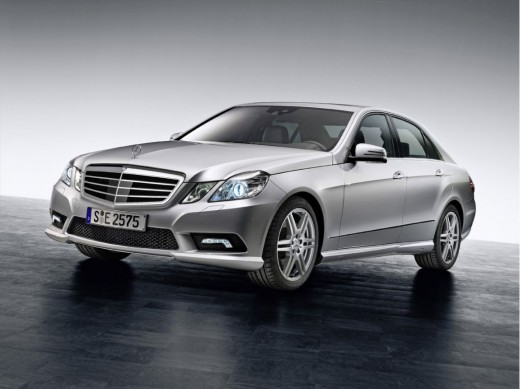
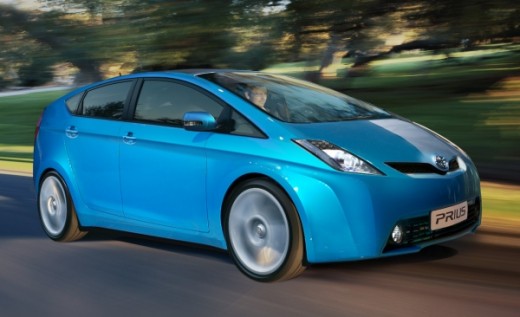
![2009 BMW 3-Series Sedan (328i, 328 xDrive, 335d [Diesel]) (bmw.com) 2009 BMW 3-Series Sedan (328i, 328 xDrive, 335d [Diesel]) (bmw.com)](https://usercontent2.hubstatic.com/896349_f520.jpg)
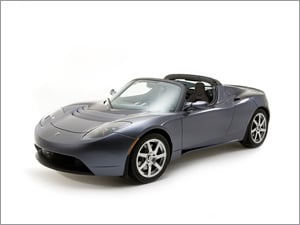
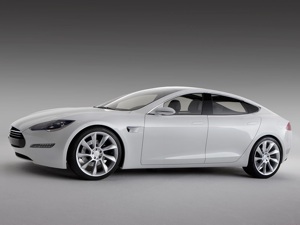
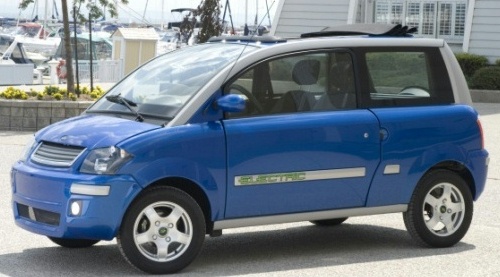
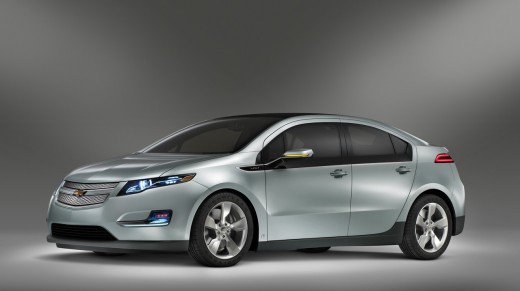
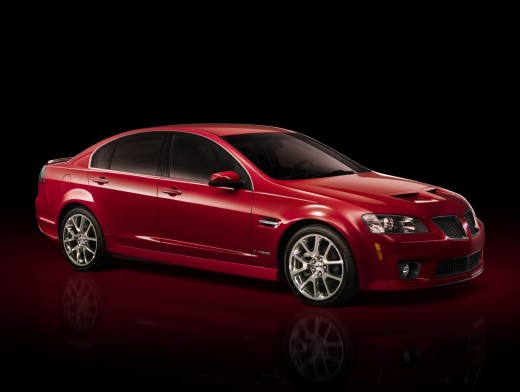
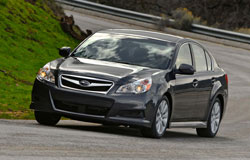
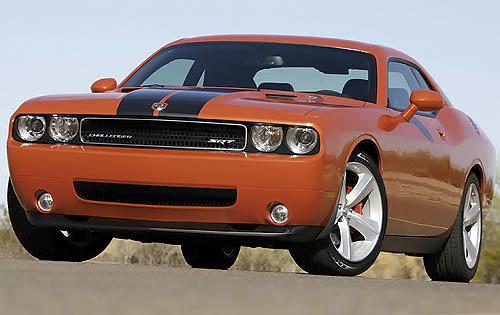
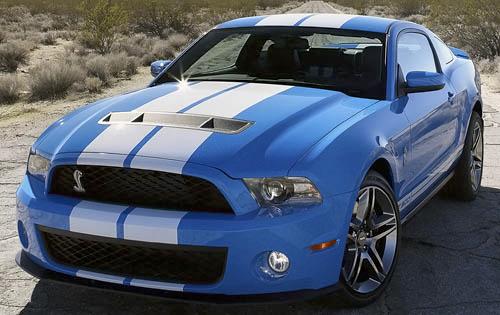
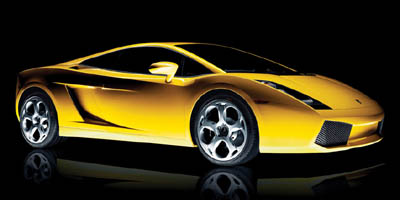
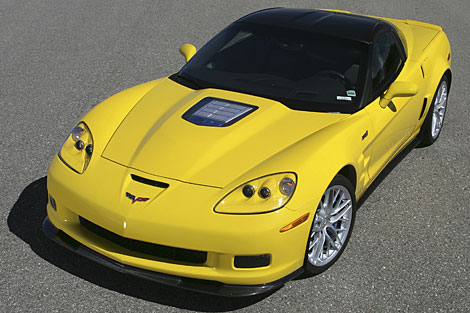
![2009 Volkswagen Jetta (S, SE, S PZEV, SE PZEV, SEL PZEV, TDI [DIESEL]) (edmunds.com) 2009 Volkswagen Jetta (S, SE, S PZEV, SE PZEV, SEL PZEV, TDI [DIESEL]) (edmunds.com)](https://usercontent1.hubstatic.com/912726.jpg)
